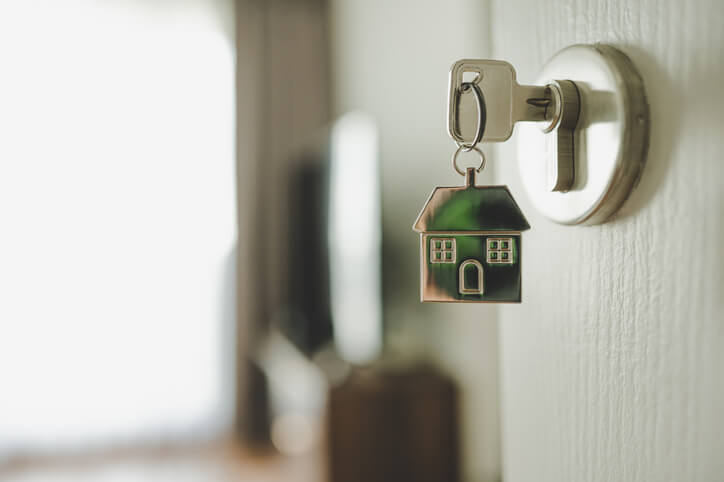Selling Your Homestead Property
In 2016, the Florida Supreme Court issued a ruling that had a significant impact on the sale of homestead properties. JBK Assocs., Inc. v. Sill Bros., Inc. concerned whether the proceeds from the sale of a homestead could be used to satisfy a judgment, particularly when a portion of the funds are used to purchase securities. The lower courts disagreed about whether the use of homestead sale proceeds in this way was inconsistent with the purpose of the homestead protection in the Florida Constitution.
Finding that the homestead protection provision in the state constitution should be “liberally construed,” the Florida Supreme Court held that homestead protections against judgment creditors extend to the proceeds from the sale of the homestead if all the following conditions are met:
- You must have a “good faith intention” before and after the sale to reinvest the proceeds in another homestead within a “reasonable time.”
- The proceeds must not be commingled with other funds.
- The proceeds must be kept separate and held solely for acquiring another home.
Thus, you must think carefully about selling your homestead property and how you will handle the funds. A judgment creditor may look for any lapses in the above-listed criteria as grounds for a lawsuit. That is why it is so crucial to have a qualified real estate legal team by your side that can counsel you throughout the process.
Obtaining Homestead Property Protection
With regard to qualifying for a homestead exemption, Florida law defines a homestead as one’s principal place of residence up to half an acre within a municipality, and up to 160 contiguous acres outside a municipality (including lots with separate legal descriptions and tax I.D. numbers.) Courts have expanded the homestead exemption to apply not only to single-family homes, but to condos and mobile homes as well.
To be eligible for homestead protection, you must be a permanent Florida resident and a “natural person” – thus irrevocable trusts and business entities cannot apply for the exemption, although living trusts and land trusts may do so. The property must be a primary place of residence, which rules out second homes and income properties. Even a property purchased with the intention of being a primary residence will not be eligible for protection until you occupy it.
Once you begin to live in the property, the homestead exemption attaches without needing to file any papers or forms (although you may still file a “Declaration of Domicile” in the County’s public records). Proving the property is a homestead can be as easy as having the property’s address on your driver’s license or vehicle registration, though intent and use is also very important (intent to remain in the property indefinitely and use of the property as your primary residence).
How Farshchian Law Can Help
Do not let the potential legal ramifications dissuade you from your real estate goals: if you want to sell your Florida homestead property without incurring legal or financial liabilities from judgment creditors, turn to Farshchian Law’s legal team. We have helped numerous clients sell their homestead smoothly and risk-free. To learn more, call us at (800) 604-1871 or email us at Info@JFRealEstateLaw.com for a free consultation.

